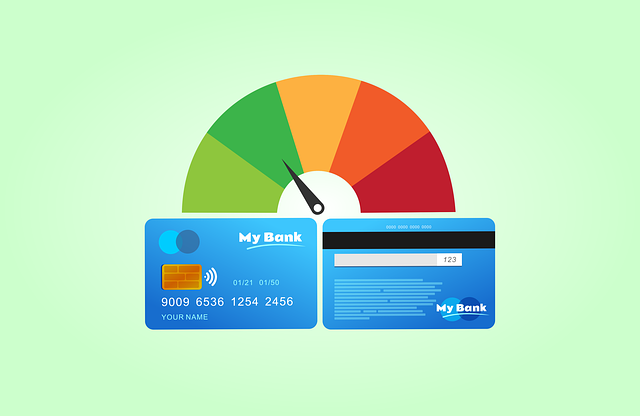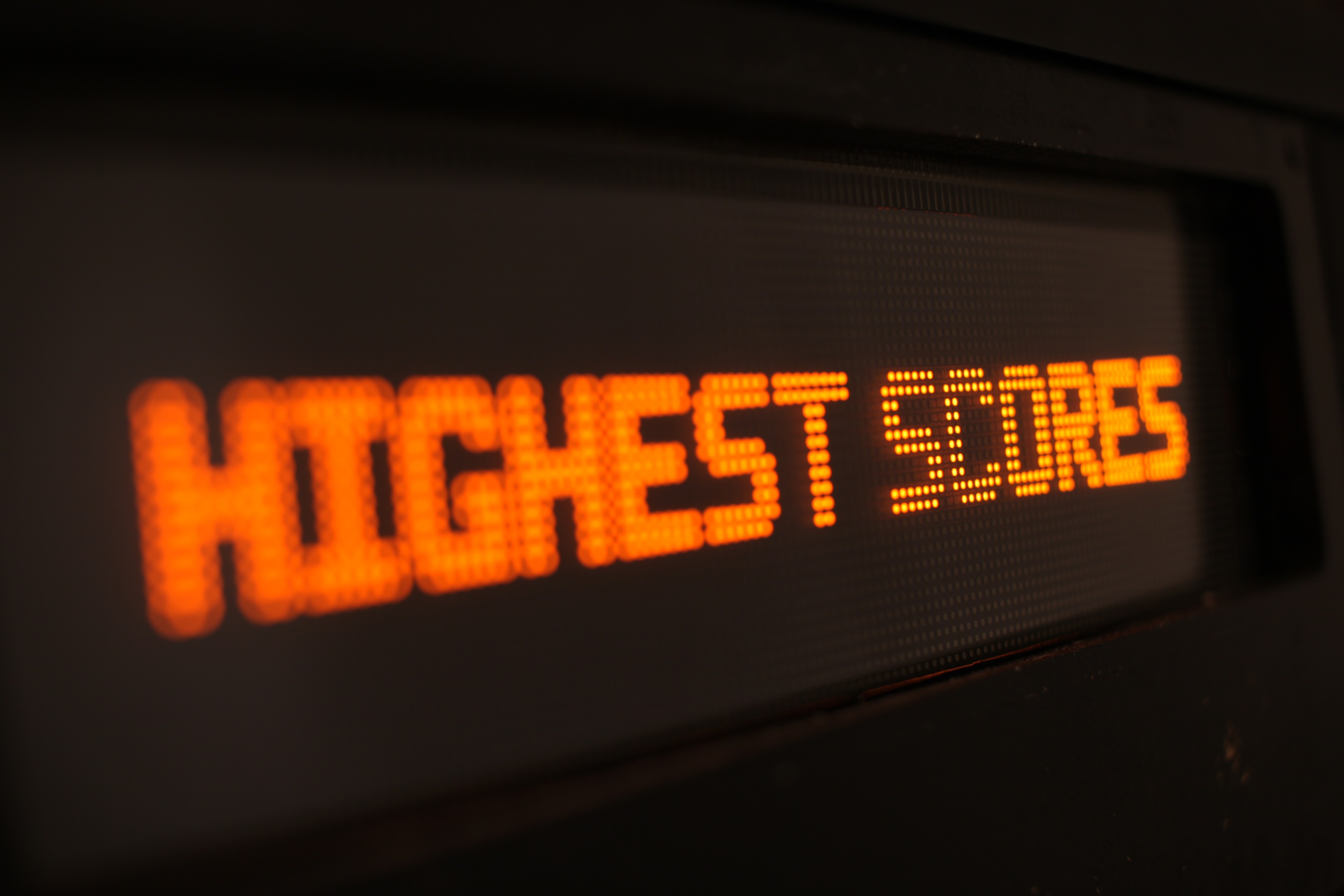What is a Perfect Credit Score?

The two most widely used credit scoring models, FICO® credit scores and VantageScores® use a credit score range of 300-850. While 850 is the highest possible credit score, lenders and other businesses mainly consider your credit score range. Most people with FICO scores between 800-850 will have access to similar loans, interest rates, and rewards programs.
Some experts say there’s no distinction between credit scores of 760 and above. Although, recent legislation stipulates borrowers must have a minimum credit score of 780 for the lowest mortgage rates.
The most recognized FICO score ranges are:
- Exceptional: 800-850.
- Very good: 740-799.
- Good: 670-739.
- Fair: 580-669.
- Poor: 300-580
Credit Score Factors
The credit bureaus calculate credit scores on five key factors, each weighted differently. Here’s what comprises your credit score:
- Payment history: 35%.
- Amounts owed: 30%.
- Length of credit history: 15%.
- Credit mix: 10%.
- New credit: 10%.
What are the benefits of a High Credit Score?

The most significant benefits of an exceptional credit score are high approval rates and low interest rates. People in the 760-850 range typically get the lowest rates on credit cards, personal loans, auto loans, installment loans, and small business loans. It also helps get higher credit limits.
Another benefit is that higher credit scores can help secure the lowest insurance rates, especially if you live in a state that allows credit-based insurance policies. A high credit score usually means a lower security deposit for renters.
Having outstanding credit also provides opportunities for better perks and rewards from credit card issuers. Examples include the highest cash-back ratios, 0% introductory APRs, frequent flyer miles, and increased rewards points.
What do people with the Highest Credit Scores have in common?
People with an 850-credit score share some similarities. Here are some common features and statistics per a FICO Study on Understanding the 850 Credit Score.
Long Credit History: Credit history refers to how long your accounts have been open. People with a credit score of 800-850 have an overall account age of 10.5 years. The average oldest account for 850 scorers is 30 years.
Low Credit Utilization: Members of the perfect score club use credit but at a much lower credit utilization ratio than most people. The average credit utilization rate for people with a perfect credit score is 4.1%
Perfect Payment History: The most crucial factor for a credit score is having a proven track record of timely payments. It makes sense since creditors want to know you’ll be responsible for making your payments on time and in full. People with perfect credit scores don’t miss payments.
Few Recent Inquiries: People with perfect credit typically don’t have any new inquiries less than a year old. While some open new accounts, the majority don’t.
How do I get a Perfect Credit Score?

Getting a perfect credit score is difficult but not impossible. Even if you do everything right, you might not reach a perfect 850. However, the following actions will help move your score into the exceptional range (800-850) and could lead to getting a perfect score.
Never Miss a Payment
The most important thing is never to miss a payment. Late payments can stay on your report for up to seven years. Even one late payment is enough to keep you from an 850-credit score. Consider setting up automatic payments for credit card bills or loan payments to ensure you never miss a due date.
Keep Your Credit Utilization Rate Low (Under 10%)
Credit utilization under 30% is considered good, but you should keep credit utilization in the single digits to achieve the highest credit scores. However, avoid going to 0% as that indicates no credit activity.
Only Apply for New Credit When Necessary
New credit inquiries stay on your credit report for two years. Per FICO, each hard inquiry can lower your score by five points. Avoid opening a new account unless it’s necessary.
Check Your Credit Reports
It’s a good idea to stay on top of checking your credit reports. Mistakes can happen. Incorrect or outdated information on your credit report could drag your score down. Routinely checking your credit reports helps you identify and remove errors.
The three major credit bureaus are Experian, Equifax, and TransUnion. Each one keeps a credit report for you. You can contact the individual major consumer credit bureaus for a report or get all three in your free annual credit report at www.AnnualCreditReport.com. A temporary Covid provision lets you access free credit reports once a week through the rest of 2023.
You can sometimes get a free credit score from a bank or credit card issuer or with a free account at one of the three credit bureaus. Paid accounts offer benefits in addition to a free score.
Don’t Close Old Credit Accounts
Account history makes up 15% of your FICO score – the older your credit accounts, the better. Closing older accounts will reduce your average credit length. It could also lower your available credit limit, which would cause your credit utilization to increase.
Don’t Get Discouraged
Getting an 850-credit score is difficult, and most experts say it offers no additional benefits. Credit scores also fluctuate constantly. It’s usual for scores to fluctuate between the 830-850 range, even for people with perfect credit.
Frequently Asked Questions

Here are the most common questions about high credit scores.
How many people have a Perfect Credit Score?
While it’s rare, some people have a perfect credit score of 850. According to recent data from Experian, an estimated 1.3% of the US population has a perfect credit score.
Do High Credit Scores help with Business Loans?

Yes, most small business loan lenders consider your personal credit score. Your business credit score is also important. However, if you don’t have business credit yet, your personal credit score is that much more important.
Like consumer financing, the higher your credit score, the better. An excellent credit score increases your approval odds, opens the door to more lending options, and helps you get the lowest rates and most favorable loan terms.
Small business owners with excellent credit scores, established business histories, and high revenue shouldn’t have trouble accessing the most favorable business loans from traditional or alternative lenders.
On the other hand, a bad credit score for business loans leads to fewer options, lower borrowing amounts, and higher interest rates. Additional costs might come with small business loans for bad credit, including origination fees or other fees that get tacked onto the loan.
Bad credit business loans are also usually short-term financing with frequent payments. You might need to get a cosigner, put up collateral, make a down payment, or sign a personal guarantee.
However, a business loan for bad credit could help if you need urgent funding. One way to think of a business loan with bad credit is as a form of bridge financing. You can use the funds in the short term while improving your credit. Once you qualify for a lower-cost, long-term loan, you can use those funds to pay off the bad credit business loan.
Business Loans for Bad Credit Pros & Cons
Here are the benefits and drawbacks of business loans with bad credit if you are considering it.

Pros:
- Accessible financing for borrowers with a low credit score.
- Could potentially help build or repair credit with timely payments.
- Might be able to use the funds to pay off existing debt.
- Quick and easy online applications.
- Usually fast approval and funding times.
Cons:
- Higher interest rates & fees than conventional loans.
- Lower borrowing amounts than traditional business loans.
- Typically short-term financing with frequent repayments.
- Might require collateral or a personal guarantee.
- Could require automatic payment withdrawals.
- Fewer options for lenders and loan types.
Getting The Highest Credit Score – Final Thoughts

Pursuing the perfect credit score is a good goal, but don’t let it drive you crazy. There’s no surefire formula to achieve a score of 850, and being in the exceptional range gives you all the benefits of having a perfect score.
The most important thing is to get into the habit of good credit behavior to achieve and maintain an exceptional credit score. From there, you could eventually get a score of 850. However, it may take time, so it’s essential to be patient, keep a low credit utilization ratio (below 10%), and never miss a payment.
Contact us if you have more questions about getting a perfect credit score or to apply for a small business loan. Our loan experts can help you find the best business loan options for your credit score.











